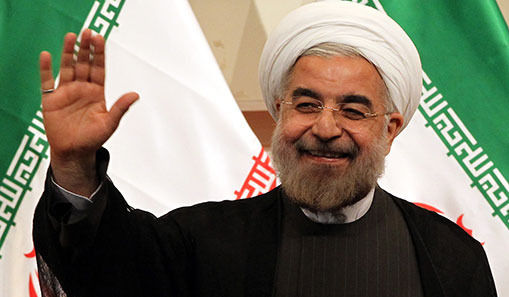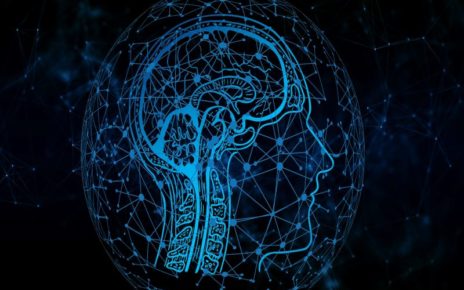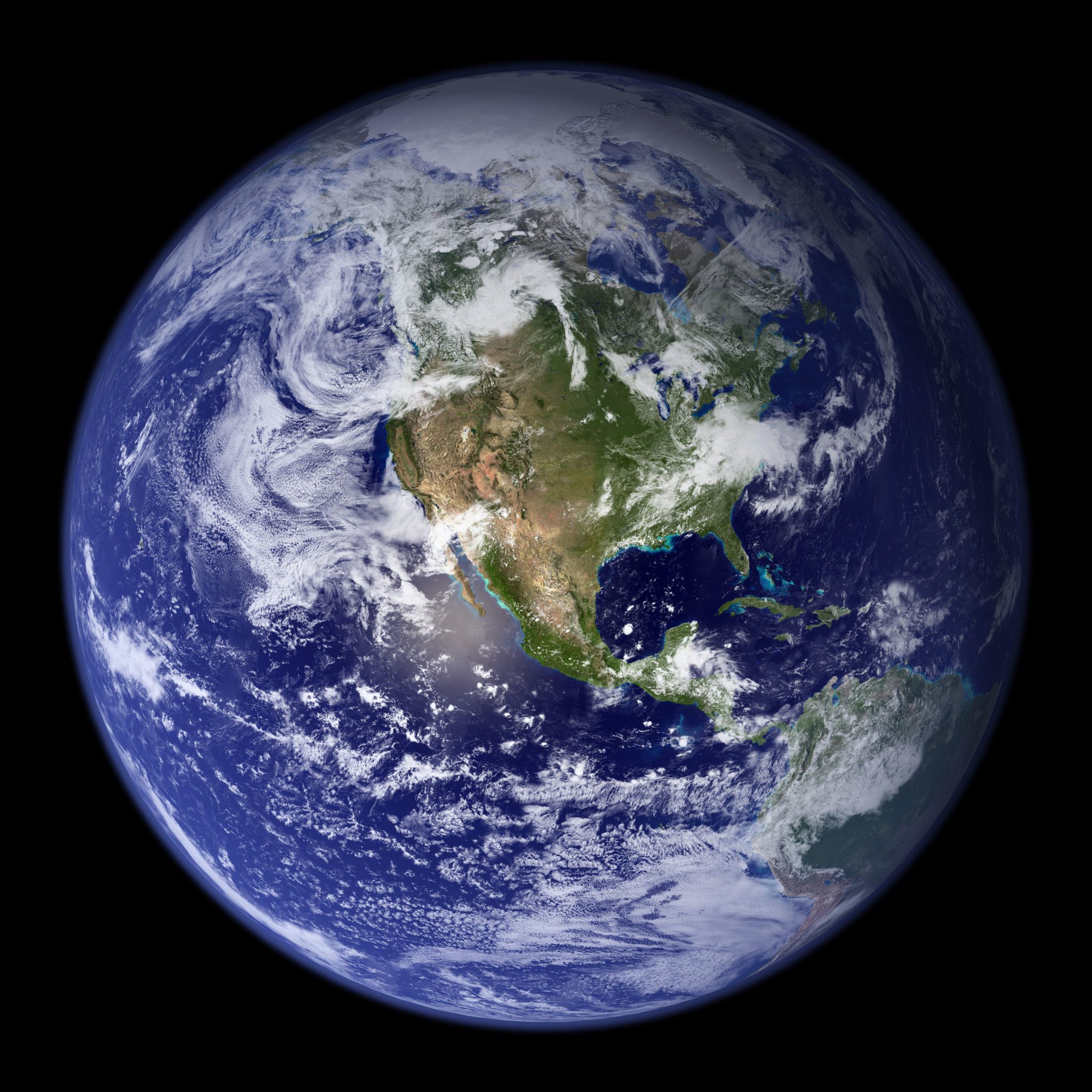If you have been following any of the news recently it would suggest that Iran’s hardline stance towards the West may be softening. The newly elected president, Hassan Rouhani, has taken the unprecedented step of reaching out towards the West through his foreign minister at the UN, and has signaled a willingness to negotiate over Iran’s controversial nuclear program. Taken together, a desire to reopen a line of communication with the West which has been dark for decades alongside a change in the country’s unwavering stance on nuclear development signals an increasing hope that Rouhani intends to permanently change his country’s foreign relations, particularly with the US and other countries in the West.
In contrast to the incendiary words of his predecessor, Mahmoud Ahmadinejad, Rouhani, a centrist cleric, comports a much softer rhetoric and has come as a more moderate face of the Islamic Republic through these revitalized strokes of diplomatic gestures of what appears to be humility and goodwill.
Rouhani’s hopeful actions call to mind another reformist Iranian president, Mohammad Khatami, who was elected in 1997. Khatami, like Rouhani, was a man who sported a perpetual smile and spoke in measured tones. However, he was unable to accomplish healthier relations with the West or establish reforms within Iranian society.
Does Rouhani have the potential?
To date, things have looked promising.
To begin with, in the weeks following his mid-June election, Hassan Rouhani ostensibly told commanders of the country’s Revolutionary Guard Corps, a hardline paramilitary faction that has impaired previous thaws, to keep out of partisan politics.
[captionpix align=”left” theme=”elegant” width=”300″ imgsrc=”http://natoassociation.ca/wp-content/uploads/2013/10/RouhaniGA.jpg” captiontext=”Rouhani speaking to the UN General Assembly”]
Then there’s the exclusive interview in which Rouhani seemed to consent to Iranians having greater access to the Internet and other political and social freedoms. “We want the people, in their private lives, to be completely free, and in today’s world having access to information and the right of free dialogue, and the right to think freely, is the right of all peoples, including the people of Iran,” he said.
Iran also recently announced the release of 80 political prisoners, further contributing to an increase in the country’s outreach to the West. The pardon came after the prior discharge of a dozen prisoners, including one of Iran’s most prominent human rights activists, Nasrin Sotoudeh.
The new president has also tweeted greetings to Jews celebrating the festival of Rosh Hashanah, the Jewish new year. Rouhani, at one point, even conceded that the Holocaust did in fact occur, something his predecessor willfully and repeatedly called a myth.
Finally, while Rouhani has been exchanging private letters with US President Barack Obama, last week, US Secretary of State Kerry also met privately with Iran’s foreign minister, Mohammad Javad Zarif, to discuss Iran’s disputed nuclear programme. It marked the highest-level diplomatic meeting between the countries since Obama took office in 2008.
Credit Where Credit is Due
In recognition of Iran’s swift developments since Rouhani’s election, a million dollar silver drinking cup, ransacked from a cave in Iran and seized by US Customs officials a decade ago, was returned last Wednesday to Iran. In response, Rouhani has asked the country’s aviation authorities to examine the feasibility of resuming direct flights between Iran and the US, which, if implemented, would be for the first time in more than three decades.
[captionpix align=”right” theme=”elegant” width=”300″ imgsrc=”http://natoassociation.ca/wp-content/uploads/2013/10/IranSixTalks.jpg” captiontext=”Iran Six meeting in Geneva. The group met most recently in Vienna”]
The highlight of the groundbreaking overtures over the previous weeks was Rouhani’s maiden speech at the UN General Assembly in New York, in which he endeavoured to reduce nuclear tensions by insisting “no nation should possess nuclear weapons,” and that any use of them would be a “crime against humanity.”
Rouhani has thus agreed to resume moribund talks with the Iran-6 powers in regards to Iran’s nuclear programme. It is here that things become more complicated. While the President steadfastly pled for the international community’s “acceptance and respect” for Iran’s right to a peaceful nuclear programme, he also asserted that Iran will “never forego [its] inherent right to benefit from peaceful nuclear technology, including enrichment.”
One of the most striking things about Rouhani’s new course for Iran is how it can be interpreted in the historical context. Considering the negative image that Iran has suffered over the course of the last decade in the eyes of the West, it isn’t difficult for the new president to impress the international community with these gestures. His concession for new talks on Iran’s nuclear program are necessary for any potential step towards dismantling the program entirely, but by no means guarantee that outcome. Reestablishing diplomatic communication with the United States, a move which simply brings Iran back to an absolute baseline level of international relations, is being hailed as an indication that Iran will now make progress on a number of other larger issues. This may not prove to be the case, as there are still a number of obstacles ahead for Iran and the West. For more on this, see the second part to this article; Iran’s Rouhani: Not All Sunshine.



